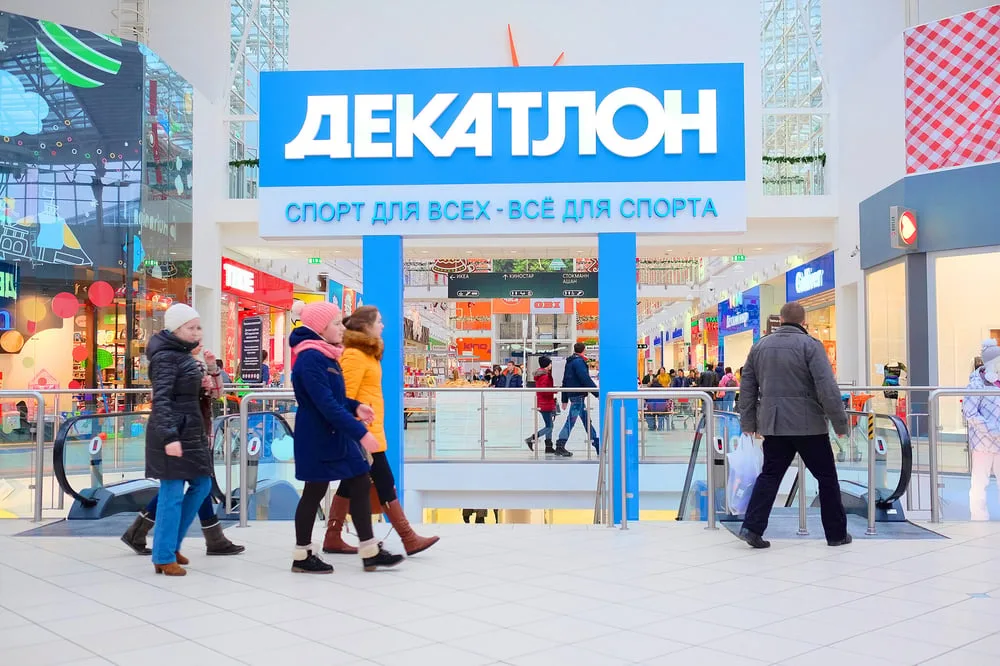In a recent expose by Disclose, Decathlon, the renowned French sports and leisure goods conglomerate, is under scrutiny for its purported continuation of apparel supply to Russian acquirers amid the Ukraine crisis. This revelation, valued at a minimum of $12 million, suggests a complex network involving a ‘shell company’ in Dubai.
Despite the mass exodus of Western companies from Russia post the Ukraine conflict, Decathlon allegedly dispatched significant sporting items, including Kalenji jogging jackets, Wedze ski jackets, and Quechua pants and shoes, to Russian Desport stores. These goods were reportedly flown in from Bangladesh in November, with a stopover in Dubai facilitated by an intermediary firm.
The investigation sheds light on the intricate web of global supply chains and the challenges of enforcing sanctions. While numerous entities withdrew from Russia in response to the conflict, Decathlon’s parent company, the Mulliez Group, has maintained a notable presence in the country.
Despite Decathlon’s initial announcement of suspending operations in Russian stores and online sites, subsequent approval from local authorities allowed the sale of 36 stores to a Russian entity named ARM. However, reports indicate that Decathlon products were available in these reopened outlets in November.
Decathlon’s management, though declining detailed comments, stated their commitment to «halt the resale of their products within the territory of the Russian Federation.»
This situation highlights the ongoing complexities faced by companies navigating geopolitical challenges and underscores the delicate balance between global commerce and compliance with international sanctions.
































